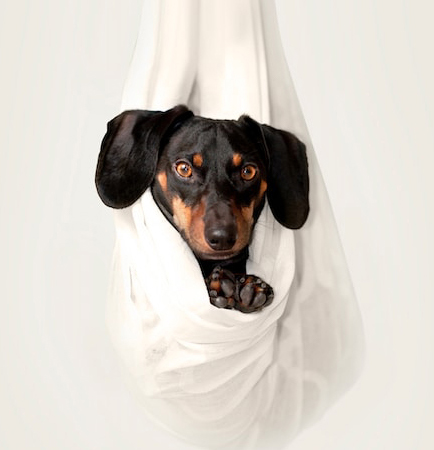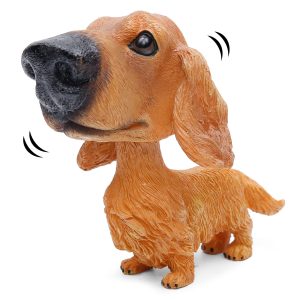The Long and Lovable Wiener Dog
Are you a fan of adorable, unique-looking dogs? If so, you’re in for a treat! In this blog post, we will dive into the world of Dachshunds, often affectionately called wiener dogs. From their distinctive appearance to their delightful personalities, Dachshunds have captured the hearts of many dog enthusiasts. Whether you’re considering bringing home a Dachshund or simply curious about this charming breed, read on to discover everything you need to know about these long and lovable companions.

1. When did Dachshunds originate?
Dachshunds have a rich history that dates back several centuries. Originating in Germany, these dogs were initially bred for hunting badgers. The word “Dachshund” itself translates to “badger dog” in German. Their long, low bodies and tenacious nature made them well-suited for this purpose. Over time, Dachshunds gained popularity not only as hunting dogs but also as loyal and affectionate family pets.
2. Why are Dachshunds so special?
One of the most distinctive features of Dachshunds is their elongated body shape. They have a long spine and short legs, making them instantly recognizable. This unique physique has resulted in various size classifications within the breed, including standard, miniature, and toy. Whether you prefer a larger or smaller Wiener, you’ll find an option that suits your preferences.
Dachshund dogs come in different coat varieties as well, including smooth, wirehaired, and longhaired. Each type has its own charm and requires specific grooming needs. The smooth-coated Dachshunds have short and sleek fur, while the wirehaired and longhaired variants have more textured and flowing coats, respectively.
3. Are Dachshunds hard to train?
Despite their small size, this fascinating dog breed possess a bold and spirited personality. They are known for their intelligence, determination, and independence. While these qualities make them excellent hunting dogs, they can sometimes manifest as stubbornness during training. Consistent and patient training methods are essential for nurturing a well-behaved Dachshund.
Doxies are generally affectionate and loyal companions. They form strong bonds with their human family members and often thrive on close human interaction. However, they can also be wary of strangers, making them excellent watchdogs. Early socialization is crucial to ensure they become well-rounded and friendly dogs.
4. Can Dachshunds walk a lot?
Despite their short legs, Dachshunds are active dogs that require regular exercise to maintain a healthy weight and muscle tone. Daily walks, interactive playtime, and mental stimulation activities are essential for their overall well-being. However, it’s important to avoid overexertion and activities that could strain their long backs, as Dachshunds are prone to spinal issues and intervertebral disc disease.
Due to their unique body structure, Doxies are also more susceptible to obesity. Maintaining a balanced diet and monitoring their food intake is crucial to prevent weight-related health problems. Regular veterinary check-ups are essential to address any breed-specific health concerns and ensure your Dachshund lives a long, happy life.
5. Is a Dachshund a good family dog?
Doxie dogs make wonderful family pets, but their suitability depends on various factors. Due to their hunting instincts, they may not be the best fit for households with small pets like birds or rodents. Dachshunds also have a strong prey drive, so caution should be exercised during outdoor activities to prevent them from chasing small animals.
While Dachshunds are generally good with children, supervision is important to avoid any accidental harm caused by their small size. Early socialization with children is beneficial to ensure a harmonious relationship.



